It’s a horrible feeling to discover you’ve been scammed and it can often lead to a sense of being powerless. Of course in an ideal world, you’ll be able to spot a scam before the worst happens, but If you’re ever unlucky enough to be the victim of a scam, then we hope these tips will help you to take back control.
TIP 1: Keep a record of what happened
As soon as you can, write or record as much detail of what has happened so that you’re able to provide this information to the people investigating the scam. It’s amazing how quickly you can forget little things – especially when you’re feeling stressed.
TIP 2: Tell your bank
It’s good to let your bank know as soon as you can if you think your financial details may have been stolen or compromised in some way. This way, they can protect your accounts for you and make sure that no one can access any funds you have with them.
TIP 3: Report the scam
Please don’t feel embarrassed – scams can happen to anyone and it’s important that we report them in order to help protect others from falling victim too.
A good place to start is by contacting Action Fraud and you may also need to contact the police. Take a look at this great post from the Citizens Advice Bureau for more information on reporting a scam.
TIP 4: Reset your passwords
This is especially handy if the scammer has had access to your computer or information online. However, it’s a good safety precaution no matter what – and will help to give you some much needed peace of mind during a worrying time.
Here are some useful tips on how to create strong passwords that can’t be easily guessed.
TIP 5: Check if you can get your money back
All may not be lost! In a good number of cases, victims of scams are able to get back some or all of the money they’ve had stolen. Your bank should be able to advise you on this when you report the scam to them.
Here’s a useful article on what steps you can take to be reimbursed.
TIP 6: Get support
Being the victim of a scam can be very distressing and it’s important to have support during what can be an incredibly difficult time. Make sure you talk to friends and family about what’s happened and be aware that there are charities such as Victim Support who can also provide both emotional and practical help.
TIP 7: Register with Cifas
Cifas is one of the UK’s largest fraud prevention services and can flag your name on the National Fraud Database so that companies are made aware that your details may be at risk.
Tip 8: Check your credit report
If the scammer is using your information to apply for credit accounts in your name, then this will show on your credit report. There are 3 credit reference agencies (CRA’s) in the UK:
It’s a good idea to check your report with each of them to make sure you’ve seen all the information recorded in your name. If you see any information that you believe to be fraudulent, then let the CRA know and they’ll be able to investigate this for you and hopefully get it removed.
Tip 9: Register with the Vulnerability Registration Service (VRS)
Our service is there to protect and support people during times in their lives when they’re financially vulnerable. By registering, you can let companies who use the VRS know your circumstances so that they can treat you and your information accordingly.

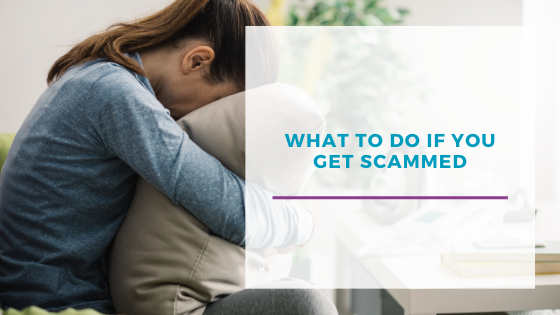





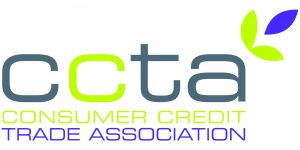
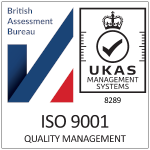

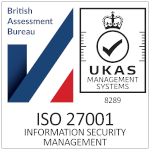
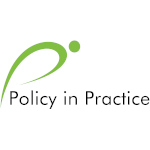
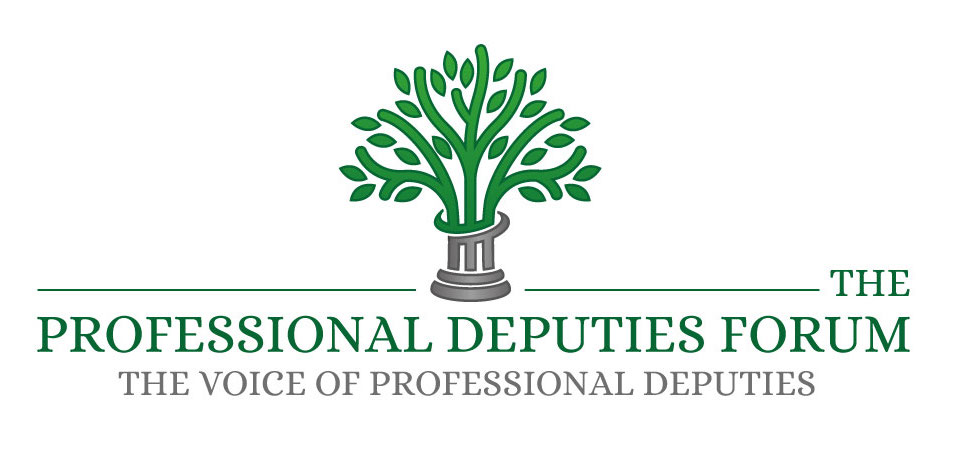

Post a comment